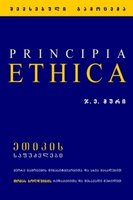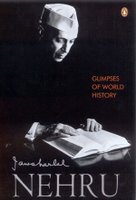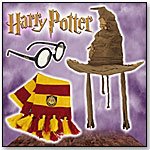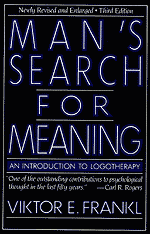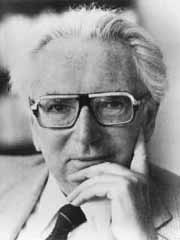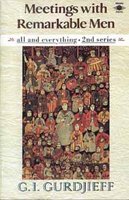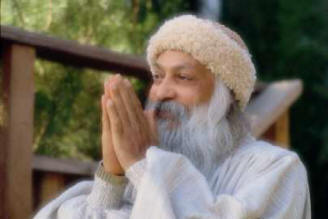

This belongs to one of the most notorious person in human history. Yes, in every sense Osho was notorious. But that very thing adds to his beauty. I fell in love with Osho when I was merely 16. He was a conman, as he calls himself. He used all the big names of Buddha, Jesus, Mohammed, Moses, Zarathustra, Krishna, Mahavira for his own purpose. The very core of his teaching was meditation. He developed nearly 112 meditation techniques.
Osho never wrote a book in his life. All the books on his name are the written form of his oral discourse which spreads in 650 books. One may find it hard it believe that the man spoke much. This book, Autobiography of a spiritually incorrect mystic, the collection his talks with his dentist and caretaker when he was in public silence.
The very title of the book is eye catching. One may never understand Osho untill & unless one does not understand oneself. In his own words from the book:-
If you really want to know who I am, you have to be as absolutely empty as I am. Then the two mirrors will be facing each other, and only empitness will be mirrored. But if you have some idea, then you will see your own idea in me.
He also talks about his own story and believe it's extra-ordinary.
In college I used to wear a long robe, with a wrap- around LUNGI as it is used in India, and with no buttons on the robe so the chest is open. The principal told me, ' Coming to college without buttons is not according to etiquette .' I said to him, ' Then change the etiquette, because my chest needs fresh air. And I decide according to my needs, not according to anybody's idea of etiquette. '
My mother came to me, she was a little worried. She said, ' It is beautiful to see you dancing, but now you have started dancing with the girls ! ' She was concerned that if people in India see this, in the pictures, on the videos, they will be very much shocked. I said, ' So far, so good. But I am free- more free than Gautam Buddha, more free than Mahavira. Gautam Buddha did not have the guts to dance with the girls.
I want the world to know that I have ninety-three Rolls Royces because that is the only way to make any bridge. And then I can talk about the truth and enlightenment, too, on the side. Without Rolls Royce there is no communication at all. I know my business perfectly well.
In the book, he talks about his whole transformation, his enlightenment, his childhood, his youth and in the later part he talks about his commune and his groups. For him the Novo-Humane will be like Zorba-the Buddha. Dancing and enjoying like Zorba the Greek and silent from within like Gautam The Buddha.
Osho, for me, is the superman Friedrich Nietzsche used to talk about. He was the superman among the supermans. He was the best among the bests.
For generations to come of enlightened persons, Osho has created a difficulty now. Now, the primitive idea of enlightenment is no more and all the credit goes to Osho.
This book along with this person whom we call Osho, I love a lot.


